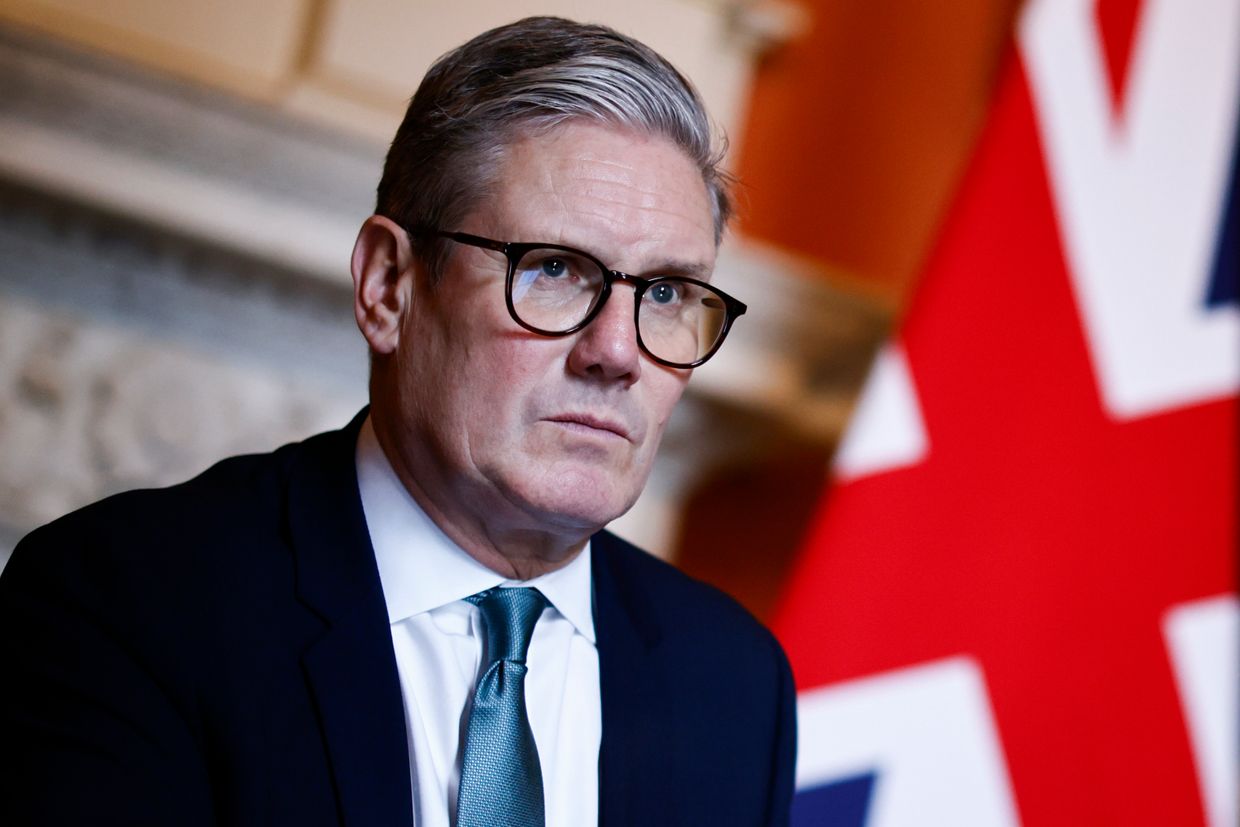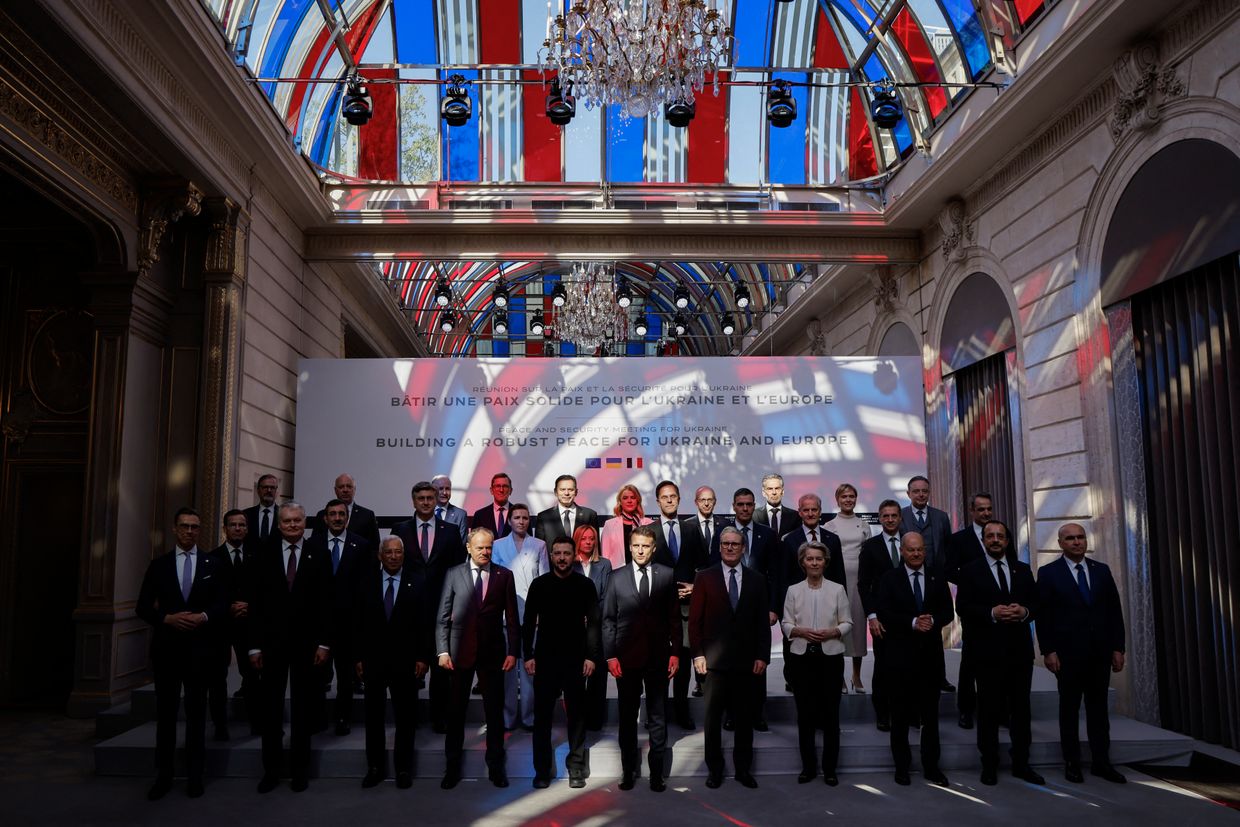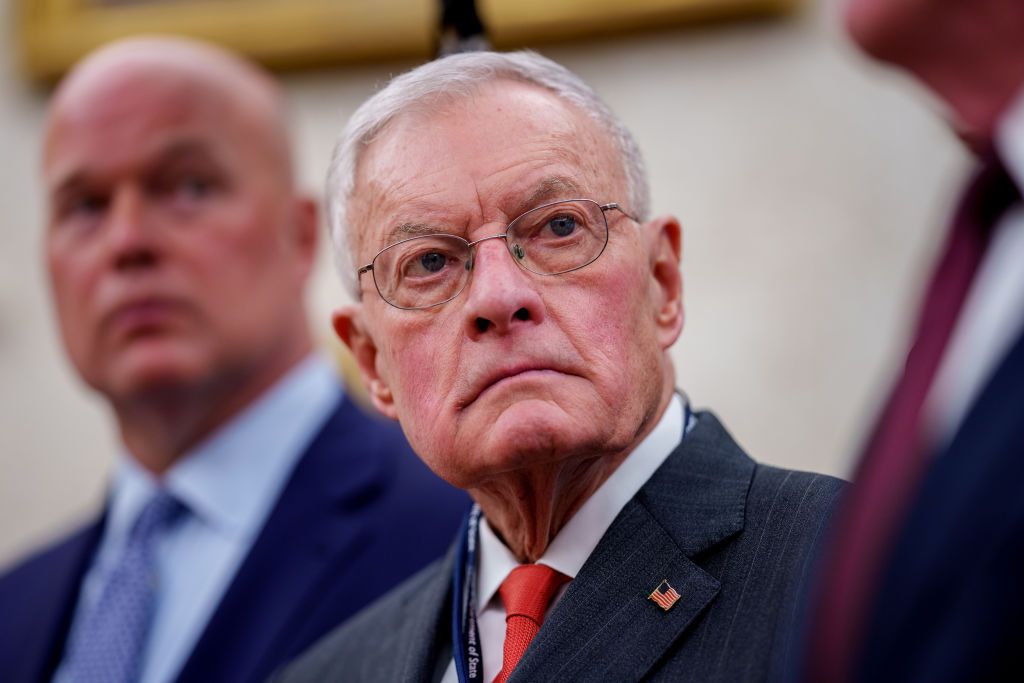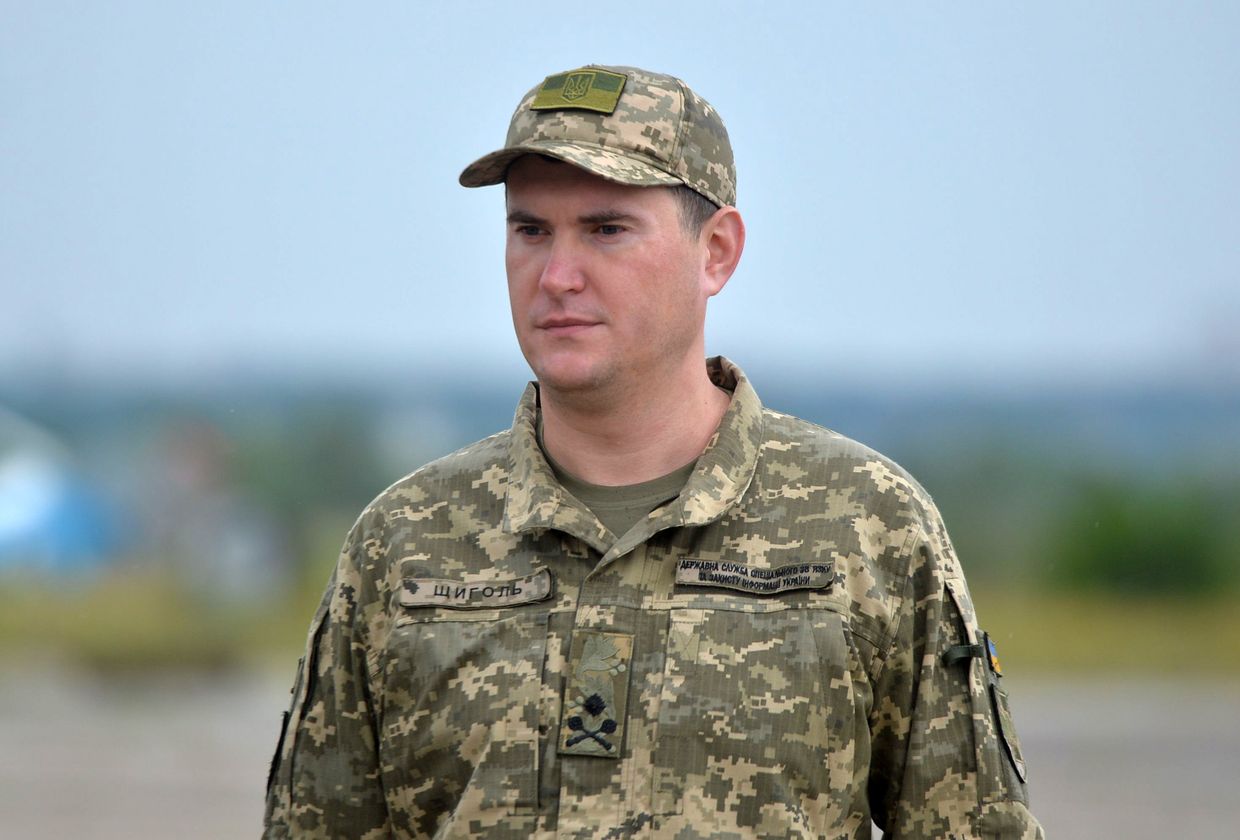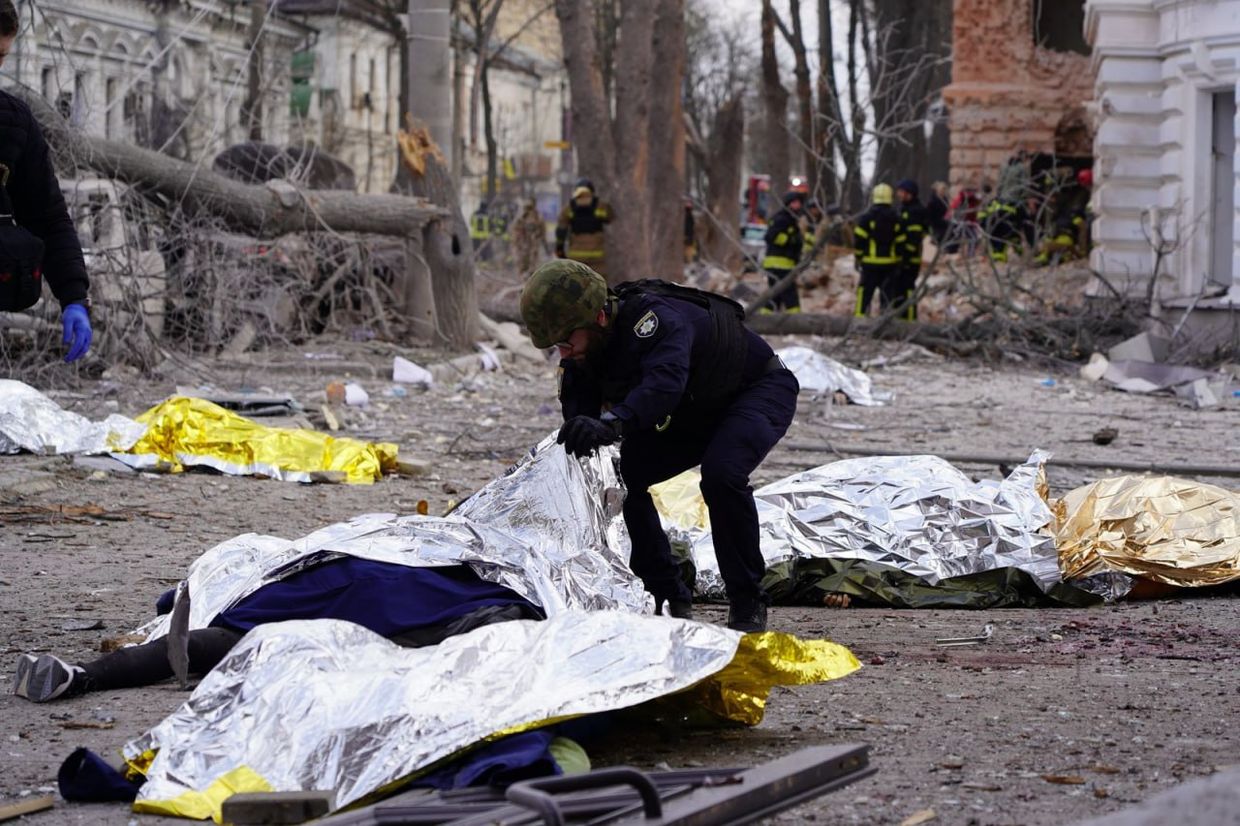The Trump administration has privately indicated its willingness to provide support to a proposed European-led peacekeeping force in Ukraine, the Telegraph reported on April 25, citing undisclosed sources.
While U.S. President Donald Trump has refused to commit American troops, U.S. officials have reportedly opened the door to providing intelligence-sharing and logistical aid to the so-called "coalition of the willing."
The coalition, led by U.K. Prime Minister Keir Starmer and French President Emmanuel Macron, aims to establish a multinational force to help monitor a potential ceasefire deal in Ukraine and boost Kyiv's defense capabilities.
Discussions have included securing strategic sites by land, air, and sea. Over 30 countries have expressed interest in participating, with at least six reportedly ready to contribute troops.
For weeks, Starmer has pressed Trump for a formal commitment, warning that U.S. backing is essential to the coalition's viability.
In an interview with the Telegraph on April 24, Starmer hinted at progress, saying, "There are ongoing discussions and (Trump) has said a number of times that he’d have our back, as you know. And I’ve been clear that that’s an important component of what we need to do."
The move comes as the U.K. mulls scaling back earlier ambitions to deploy thousands of troops to Ukraine, according to the Times. British officials are reconsidering the scale of the deployment due to rising security concerns and the high risk of confrontation with Russian forces.
Instead of dispatching thousands of soldiers to secure cities and infrastructure, the U.K. is considering sending military trainers and providing logistical support from safer areas in western Ukraine, according to the Times.
Plans for the coalition’s operations are divided into four areas – air, sea, land, and regeneration. These include air policing above Ukraine, naval patrols in the Black Sea, limited ground deployments, and long-term efforts to rebuild and sustain Ukraine’s armed forces. British officials say these components could be implemented in phases depending on the terms of any peace deal.
The key issue remains whether the U.S. will formally commit to protecting European peacekeepers if attacked by Russian forces. Without a U.S. backstop, officials worry the deterrent value of the coalition could collapse.
European and Ukrainian negotiators hope for further progress during informal conversations in Rome on April 26, where Trump, Starmer, and Macron are expected to attend the Pope’s funeral. A possible Trump-Zelensky meeting is also being discussed, though no official talks have been confirmed.
A proposal shared with the U.S. earlier this week by Ukraine and its allies calls for robust security guarantees, a full and unconditional ceasefire, and no discussion of territorial concessions before a truce is established. The U.S., meanwhile, has reportedly considered recognizing Russia’s annexation of Crimea and barring Ukraine from joining NATO, a move met with criticism in Europe and Ukraine.
